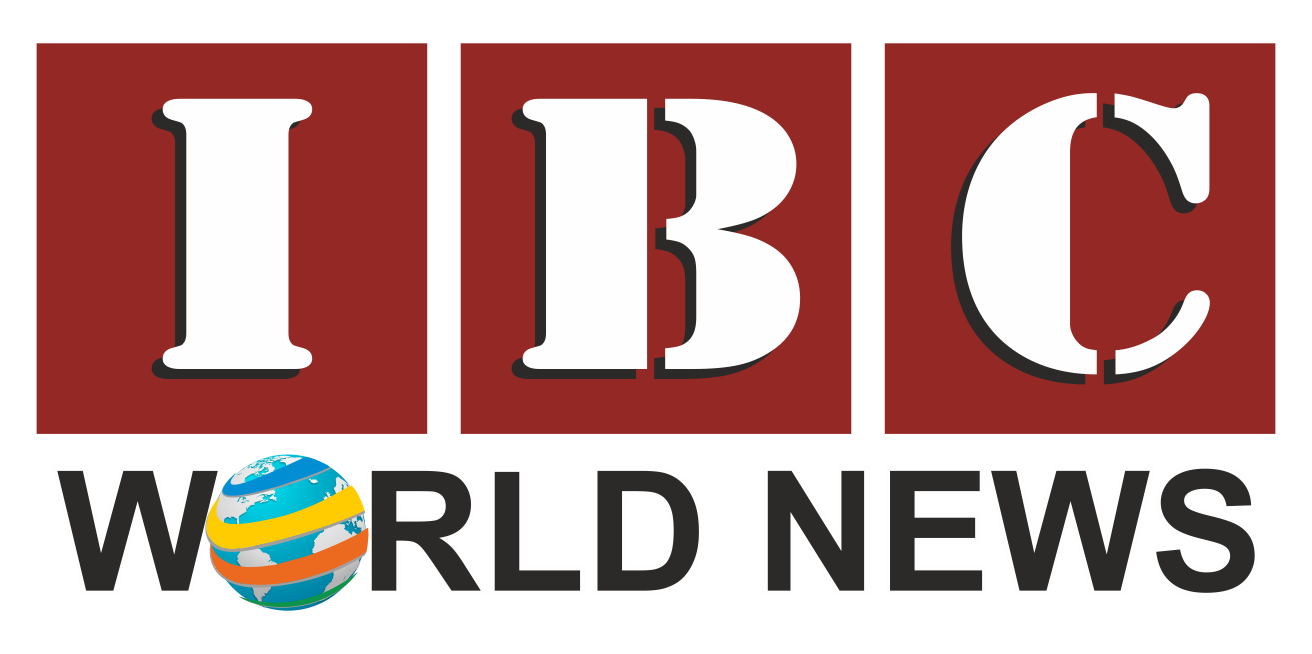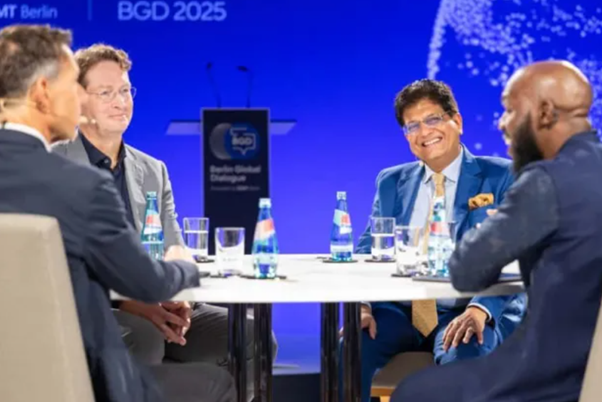New Delhi
Rene Obermann, Chairman of the Board of Directors at Airbus, has said that India is a strategic long-term partner for them and he is very bullish on India.
Speaking at a panel discussion on ‘Growing Together: Trade and Alliances in a Changing World’ at the ‘Berlin Global Dialogue’ in Germany, in the presence of Commerce and Industry Minister Piyush Goyal, Obermann said he was recently in India for about a week and was completely blown away by the level of engineering and quality excellence there. For Airbus, India is a strategic, long-term partner. The part of the discussion was not just how can you make things cheaper for us but how can we make things better, by leveraging the capabilities of Indian technologies and the tech talent there, Obermann told the gathering.
The discussions were also on how to further evolve the partnership with India.
The situation offers unique opportunity for Europe. I am very bullish on India. On the entrepreneurial level, India offers excellent education and superb engineering talent, said Obermann.
Goyal said he was delighted to participate in the panel discussion.
Emphasised on how India continues to look at its trade partnerships from the prism of long-term mutual growth. Highlighted the vast opportunities that are opening up in the country for global companies to participate in and build for the future, the minister posted on X social media platform.
Trade deals are about trust. India’s strong demographic dividend sets it apart, Goyal added.
Following his high-level engagements at the German Federal Ministry for Economic Affairs and Energy and the Federal Chancellery, Goyal met Deputy Prime Minister and Minister of Foreign Affairs and Trade of Luxembourg, Xavier Bettel. Both leaders reviewed the progress in economic relations and explored further avenues to strengthen bilateral trade and business relations.



